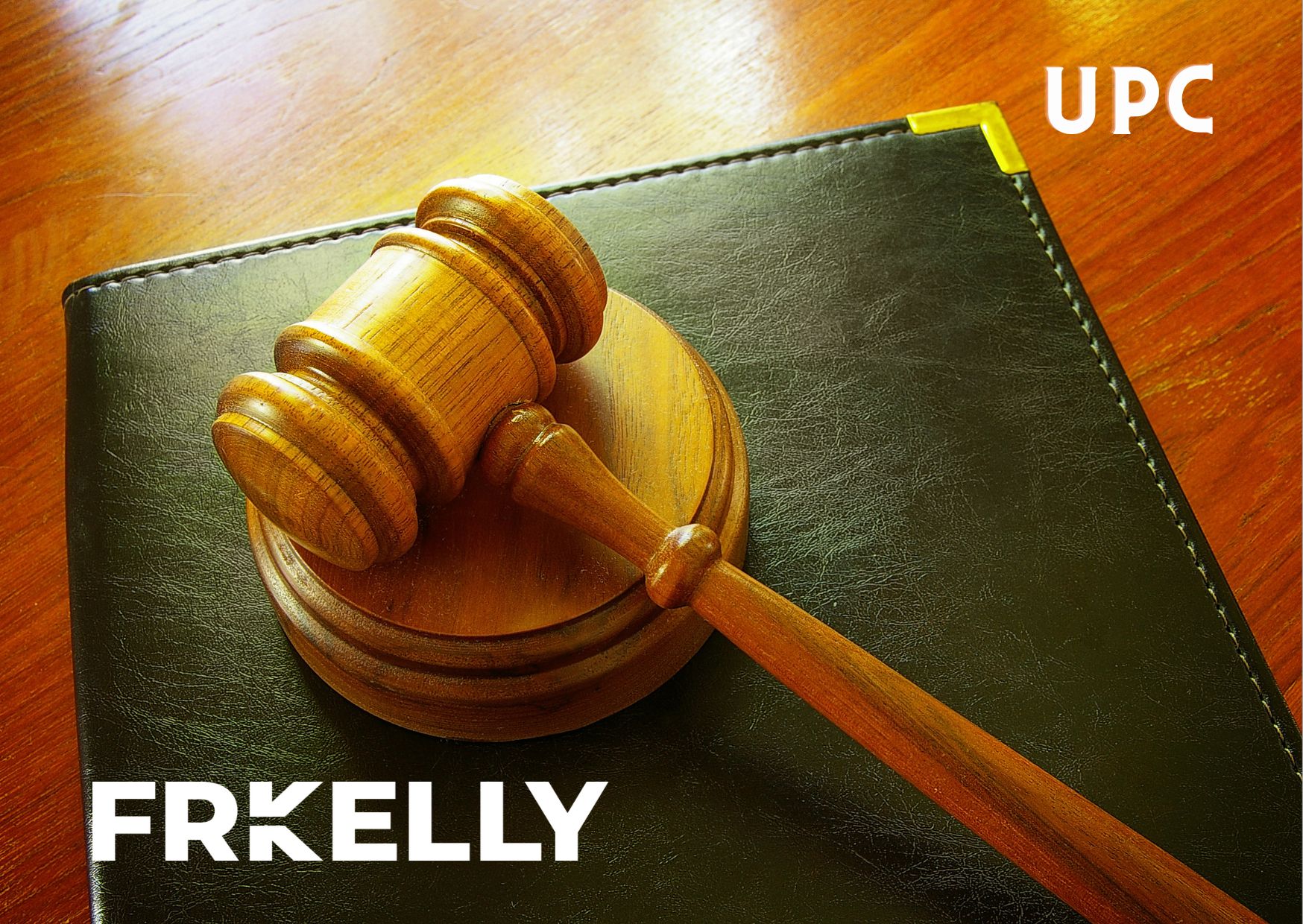Changes to SPCs and Marketing Authorisations in the UK implemented on 1 January 2025
13th January 2025

The Unified Patent Court (UPC) will allow pan-European enforcement across participating countries, and open up families of Supplementary Protection Certificates (SPCs) to centralized attack.
The UPC Agreement is expected to enter into force soon, likely in early 2023. By default in participating countries the UPC will have jurisdiction over infringement and validity of any SPC based on either a Unitary Patent or a classical European Patent. For SPCs based on classical European Patents, during a transitional period national courts will remain an alternative forum for a first action and it will also be possible to opt out from the UPC.
What is an SPC?
In Europe, an SPC is a suis generis national intellectual property right that can extend protection for a patented medicinal or plant protection product that requires marketing authorization, usually for up to 5 years after expiry of the basic patent.
What is the current procedure?
Currently SPCs are granted by national patent offices, and litigated before national courts.
Irrespective of whether the basic patent was granted nationally or a European Patent validation, a national SPC application must be filed and prosecuted before the national patent office. The refusal of an SPC application can be challenged through the national courts, and a granted SPC can be enforced or challenged in that country through the national courts.
What is the procedure once the UPC begins?
The UPC Agreement is expected to enter into force soon, likely in early 2023.
SPCs will continue to be granted by national patent offices and appeals against refusal of an SPC application will continue to be heard in national courts.
The UPC will be a new forum for enforcing or challenging granted SPCs in participating countries. This will allow prosecution of pan-European infringers in a single action, but will also open up families of SPCs to centralized attack.
The UPC will have sole jurisdiction over actions regarding infringement or validity of an SPC based on a Unitary Patent, with no option to opt out. However, the situation is different for an SPC based on a European Patent.
Following entry into force of the UPC Agreement, during a transitional period of at least seven years actions regarding infringement or validity of an SPC based on a classical European Patent can be brought before either the relevant national courts or the UPC. After the transitional period ends, by default in participating countries the UPC will have sole jurisdiction over infringement or validity of an SPC based on a classical European Patent; unless the SPC has been opted out.
To avoid the risk of centralized attack, the proprietor of a European Patent and any SPCs based thereon can opt out from the competence of the UPC. An opt out can be submitted during a sunrise period before entry into force of the UPC Agreement and during the transitional period thereafter, unless an action has already been brought before the UPC. The opt out can be withdrawn at any time, unless an action has already been brought before a national court. For more information, please see our article on UPC opt outs.
What about a Unitary SPC?
In addition to the changes arising from the UPC, other changes to the SPC system are also under consideration. The European Commission has suggested introducing a centralized system for granting SPCs, either as a bundle of national rights or perhaps a Unitary SPC to complement the Unitary Patent.
Conclusion
The UPC will provide a new central forum for enforcing or challenging SPCs in participating countries.
To avoid the risk of a centralized attack shortly after the UPC arrives, SPC holders might now wish to consider opting out during the sunrise period before the UPC Agreement enters into force.
If you have any questions or would like more information on the impact of the UPC on SPCs, please contact Luke Maishman.
This article continues FRKelly's series on the upcoming Unitary Patent and Unified Patent Court. For more details, check out the following articles:
2. What is the Unified Patent Court?
3. How to Apply for a Unitary Patent
5. Register for Unitary Patent Protection
7. What Rights Are Afforded by a Unitary Patent?
8. UPC Opt-Out
9. Opposition, Appeals and Validity of Unitary Patents
10. Will the Unified Patent Court Affect SPCs?
13. Ireland and the Unified Patent Court
14. No More Fooling Around: April 1st is UPC Launch Date
15. Unified Patent Court Costs
16. Validity Actions at the UPC
17. Assignments and Licenses Under the Unitary Patent System
18. The UK and the Unified Patent Court
19. Delay to Start of UPC Sunrise Period
